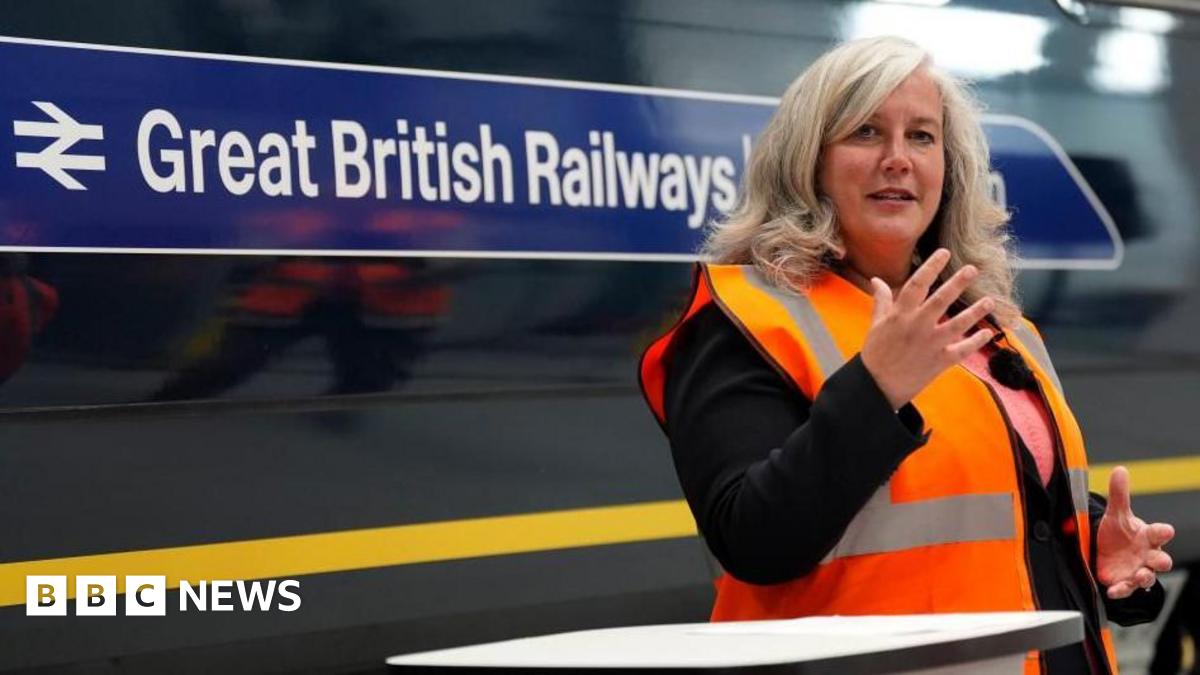In light of the recent renationalisation of South Western Railway, the BBC have published an interesting article interviewing passengers which suggests that high fares are a major concern of passengers and potential passengers.
The article touches on many issues visited by this forum such as cheaper walk on fares on the Continent.
It suggests to me that the policy of renationalisation will fail in the eyes of voters if there aren't real improvements in value for money for the farepayer.

 www.bbc.co.uk
www.bbc.co.uk
The article touches on many issues visited by this forum such as cheaper walk on fares on the Continent.
It suggests to me that the policy of renationalisation will fail in the eyes of voters if there aren't real improvements in value for money for the farepayer.

Labour cannot promise cheaper rail fares under renationalisation
Transport Secretary says she will "strain every sinew" so customers get value for money as SWR brought back into public hands.
The BEEB said:People who had travelled to the seaside town on England's south coast this weekend told the BBC that cheaper fares should be at the heart of renationalistion.
Lauren, one of a group of four who came down from Leicester, said: "If we're not going to have any price reductions, it is not going to benefit the consumers.
"I just don't know what the point of it is."
[End Quote]
